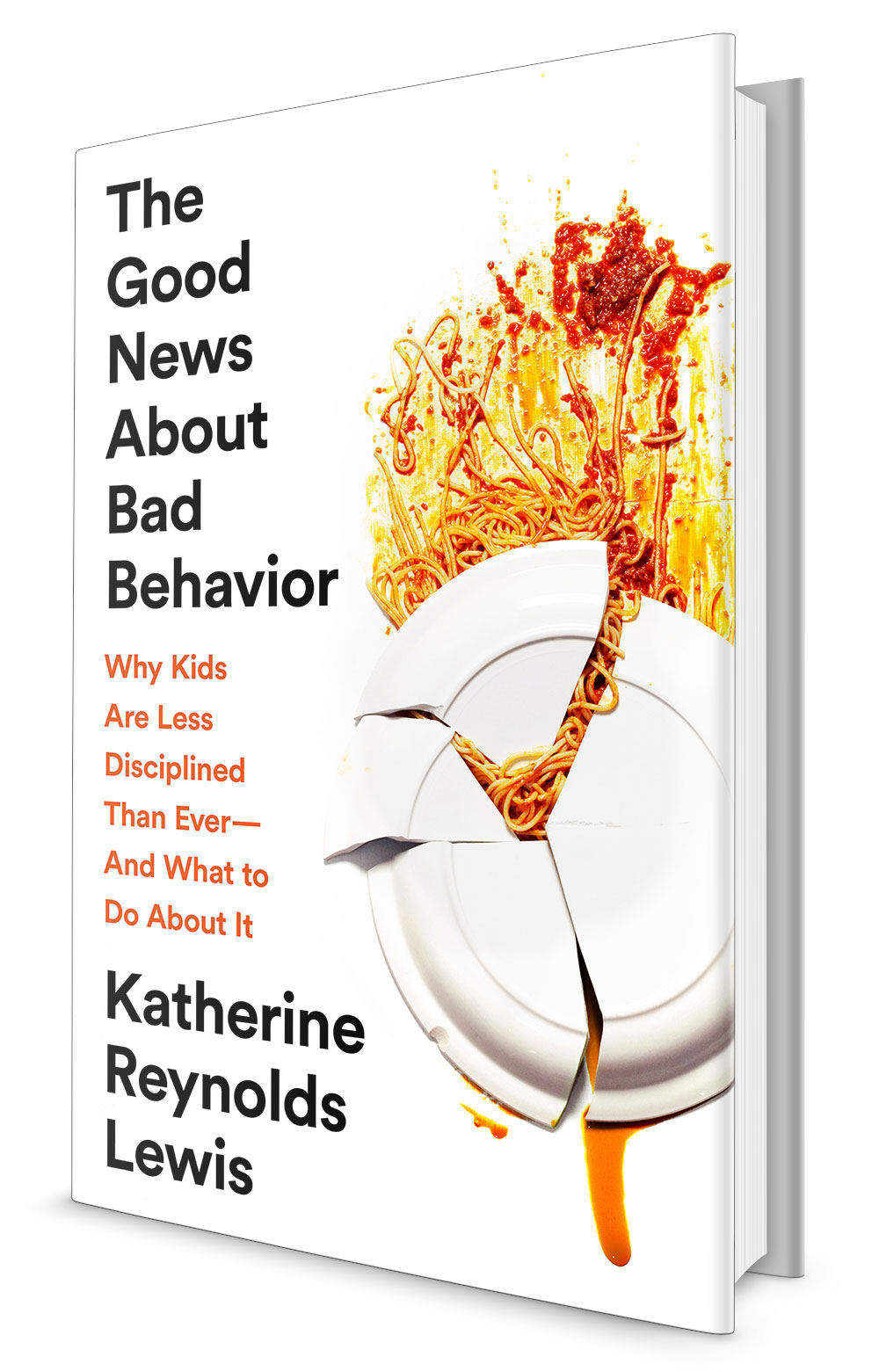Math packets and summer reading are probably last on your list. After a long school year, everyone is ready for a break. But there’s loads of research that shows that a complete “brain break” isn’t always the best thing. Here’s a guest post with some tips on how to keep some momentum going during the summer months from Barbara Dianis, MA, ED, education specialist and author of Grade Transformer for the Modern Student.
Social plans may trump academic plans; however, a non-academic summer can cause students to digress two to three months in their scholastic skills. The notorious summer brain drain can cause students to struggle academically in the fall as they try to relearn several months of forgotten core concepts. Summer is an ideal time for children and teenagers to strengthen their academic skills, close learning gaps, perform better next year, and still have plenty of time leftover for sports, clubs, summer jobs or other summer activities.
- Reading. Set aside time for your teenagers to read each day during the summer break – 15 to 30 minutes is all it takes per day. During the summer, students have more time to read for enjoyment while preserving and strengthening their reading skills. In addition, keep a dictionary or online source to help students decode words they are not able to read by using the phonetic spelling provided. Children and teenagers can progress several months in their literacy and reading skills during summertime. Plus, poolside or beach reading counts.
- Math. Work on 3-4 math problems a day that students learned during the previous school year so their mathematical skills don’t become rusty. You can buy a math workbook at a teacher supply store or online that is designed to review and teach math procedures at the appropriate mathematical level.
- Comprehension. To improve reading comprehension, consider providing your kids with a reading comprehension workbook, including self-quizzes. Kids can benefit scholastically by working in a reading comprehension workbook a few minutes daily to help reinforce and strengthen their reading comprehension skill. Teacher supply stores and online sources offer reading comprehension workbooks with short stories and self-quizzes.
- Writing. Have your children or teens write creative writing paragraphs weekly. Writing a creative writing paragraph weekly will improve written language skills. Help your kids choose topics such as a family vacation, special outing, movie, sports game, picnic, birthday party, celebration or holiday memory.
The summer brain drain can be avoided in students of all ages who work on strengthening their scholastic skills several hours a week. The time can be broken into short time segments. Summertime is a fantastic time to help students be ready for a scholastically successful upcoming school year.







Leave A Comment